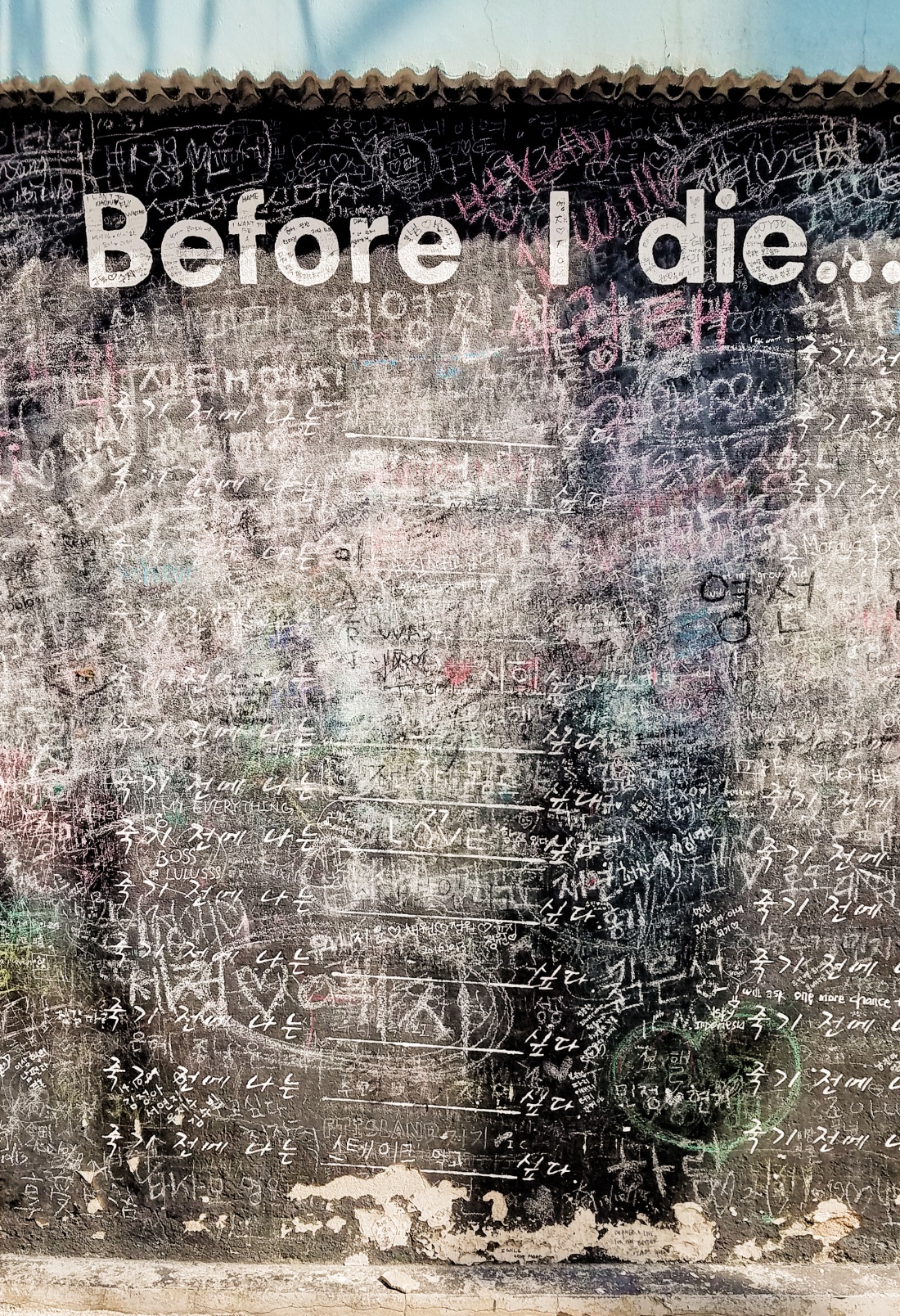 A Tale for the Time Being by Ruth Ozeki
A Tale for the Time Being by Ruth Ozeki
Feb 15, 2019 – Feb 19, 2019
I added this book to my book list, which is where I also talk about my feelings about my book, but it ended up being super long, so I’m transferring it to its own separate post here!
I don’t know whether to champion this book for its raw drama or put it away in my brain for its confusing and, if I’m to put it bluntly, disappointing ending. When I come across work by someone of color, I’m immediately intrigued (and perhaps a little biased), so I picked up this book and was immediately captivated by the juxstaposition of Nao’s diary writing and the reading and reacting to the diary years later. I think the reason I’m so split on my opinion of this book is because I truly only liked half of it, but it’s not really half, but… overall, it was an interesting experience and there were definitely parts of it that I’ll remember for a long time. I don’t want to say anything spoilerish so highlight the space to read!
I loved Nao’s parts of the book. Her narrative is so crude and rough that it becomes endearing. I can relate to her situations in the novel and I feel my teeth clenching and my brows furrowing for the majority of her book, out of sheer stress I feel.
About halfway through, I started to become very annoyed at Ruth. I can understand how far she dove into the reading due to her writer’s block circumstances and how she related to Nao, but I couldn’t understand how she was so quick to be offended but then so quick to offend. At one point, there was a fight between her and Oliver during which she told him about how deeply she was falling into this hole of Nao and that she lost track of the time difference between writing and reading to which Oliver replied, “That’s crazy.” Which, I’m not going to lie, it is kind of crazy. The whole situation is kind of crazy. But Ruth heard that, believing he meant “crazy” towards her and her genetic predisposition for Alzheimer’s and stormed off, but not before she called her husband a loser. Later, it said something along the lines of, “I wish I hadn’t called him a loser, but I wish he hadn’t started it first.” It just gives me such an icky vibe about her that I couldn’t understand her anymore. Especially in the last quarter of the book, she became so erratic that it took away from the enjoyable portions.
One of the things that I really dislike in books is the sudden addition of a magical element to an otherwise realistic storyline. I thought that the cause and effect of the diary was so interesting that I was willing to get over Ruth’s irritableness, but when quantum was introduced and her dreams were the last helping hand of the past with Nao and her father, I almost lost it. Earlier, when Ruth declared the last pages of the diary to be blank, I immediately came to the conclusion that Alzeheimer’s must have come early and we are learning from an unstable reader. Instead, the moral was that the writer is a writer because there is a reader and just as the writer wills a reader into being, a reader must do the same for the writer, hence the dream to pull the writer back into writing. While this is a beautiful concept, this Murakami-style time spinning occurred 1. without warning and 2. near the book’s end. It was jarring and made the entire ending very disappointing.
This said, I don’t think I’ll ever forget the heartbreaking 2 sided mini narrative of Haruki Yasutani #1 or the zen feminist novelist great-grandmother nun and her mysterious words. I still think about the short portion of the book about a kamikaze pilot who donated $500,000 to the study of whales after being so apologetic about using whales for bomb practice during the war. The sheer strength of Nao and her father to pull through (albeit through a woman in Canada) will probably affect me forever, and these are the portions I choose to remember.
